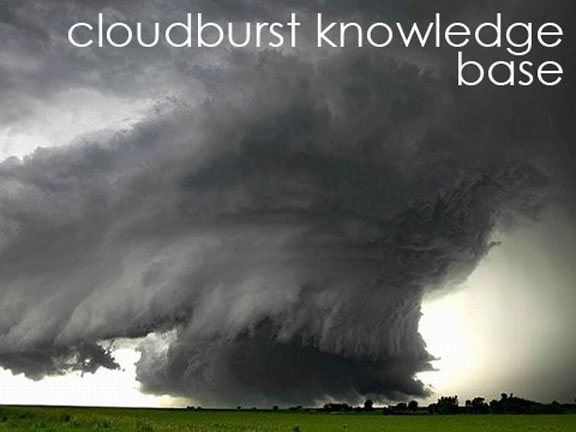expect more
it's been a long time since i first got down, but i still keep making these funky sounds. -- too short
much has changed since last post. in the world, in the universe, in me. but you all know more about what's been going on in the world than i do. i've been expected more and more to do and be certain things. i have been expected to be a certain kind of student, a certain kind of employee, a certain kind of friend, a certain kind of person. my relationships with those holding those expectations span the spectrum from most intimate partner to unacquainted reluctant crosser of misguided paths. the importance of these relationships have not held in proportion with my responses. in other words, i have spent a lot of energy trying to live up to expectations from people i do not even know and sacrificing attention to expectations of those about whom i care the most. this has left me with emptiness and a feeling that i have run past the housefire with a bucket of water so i may dump it in the river. this is the second layer of my cake.
the first layer is less complicated and lacks the fancy frosting roses that adorned the second layer. it has come to my attention that i used to live a certain way and that way made me happy, buoyant, creative and energetic. i was constantly in motion in one way or the other, and i used my momentum to help get others moving. this could have been helping someone pick up their groceries after the soaked bag lets loose in the middle of the parking lot or it could have been reaffirming someone's sense of self-worth after he or she found reason to doubt it. maybe it was just getting someone to finger paint on hands and knees at four in the morning. i didn't need these types of help very often, because i would get it on my own, often through these same actions. my momentum allowed me to clear obstacles as they arose with minimal delay or effort. yes, i know i promised this layer is less complicated. you'll see.
now, somehow somewhere sometime i started reeling this part of me back. it began to seem more important to live up to an expectation to: find a steady secure job, get my work done on time, follow the rules, take advantage of every networking opportunity, etc. the expectations i had for myself to keep moving keep exploring help others where i can and always BE what i believe in were moved to the back burner, which was not even lit.
so it comes down to this: i have tried the approach of living up to the expectations placed on me by those who do not know me. because they do not know me, their expectations are groundless and thereby have nothing to do with me. my own expectations, however, are grounded in twenty-six years of a fairly close relationship with myself, and are easily changed when obsolete, erroneous or simply too stagnant for my life as i need it to be.
so i am going to keep moving without the extra fat and bulk of that second layer, so i can move freely again and finally get somewhere. hopefully, this will become others' understanding of me, which i know one or two people never stopped expecting.
expect more


